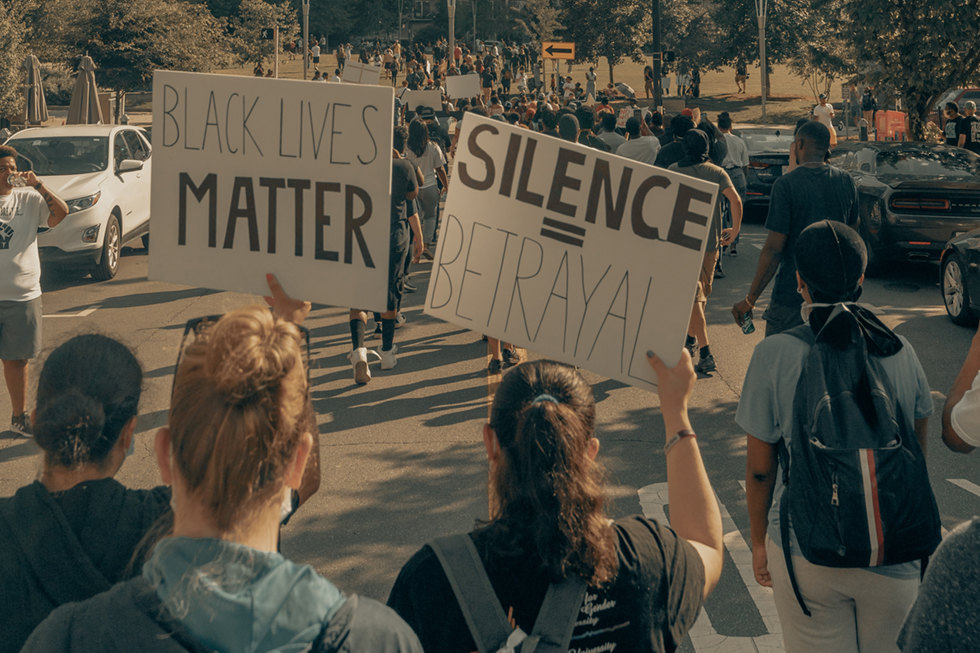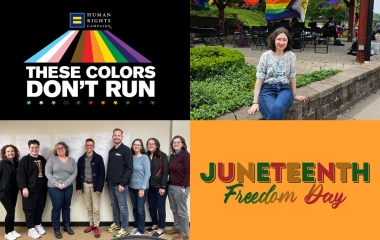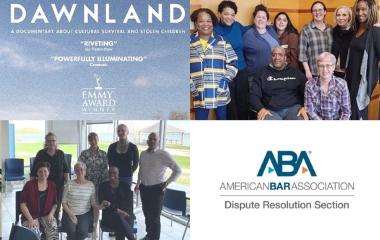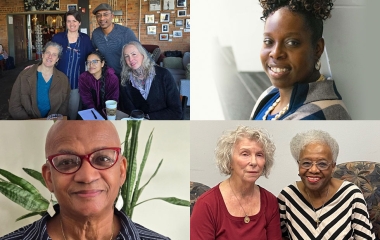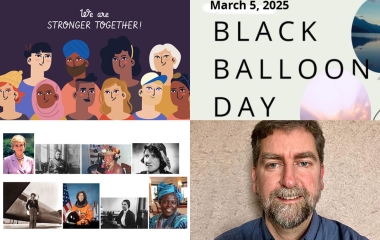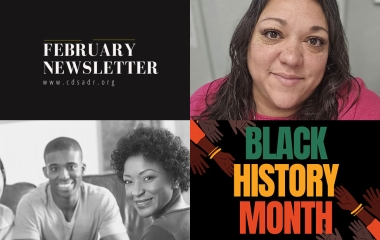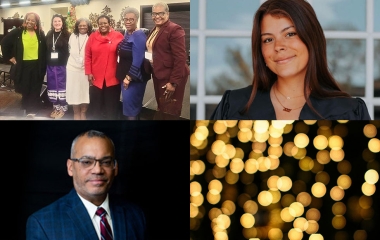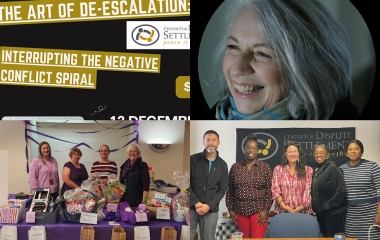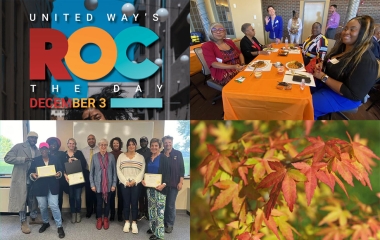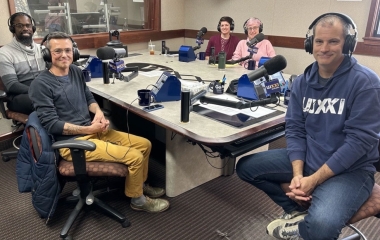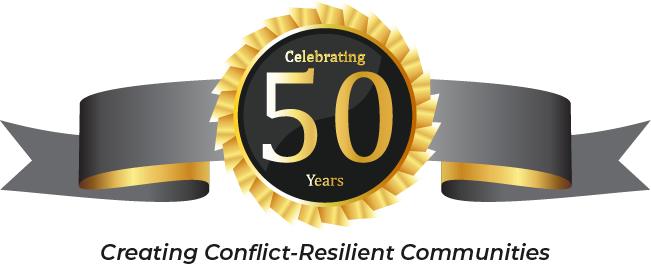Standing for Equity, Taking a Knee with Black Lives Matter
In the past several days, the greater Rochester region has been among the many communities experiencing aftershocks of unrest and activism felt across the nation and around the world. This has left most individuals with more questions than answers. Sadly, these issues are not new. We only need to look back in Rochester’s history to July of 1964, to see the same outcry from people of color against the violence of individual and systemic racism. At that time, the NYS Commission Against Discrimination reported that the African-American population in Rochester was “sitting on a pressure cooker whose relief valve has long been choked.” The most recent deaths of Ahmaud Arbery, Breonna Taylor, George Floyd, and numerous incidents of police brutality, combined with centuries of racist systems and slow progress graduated that “pressure cooker” to an eruption of volcanic proportions.
Forty-seven years ago this week the Center for Dispute Settlement (The Center) was birthed out of the Civil Rights movement as a response to longstanding systemic and institutionalized racism. Rochester’s School Integration Program and subsequent bussing component polarized large sectors of our community. As one of the first Community Dispute Resolution organizations in the nation, we began by training and utilizing community volunteers to provide mediation, arbitration, fact-finding, and facilitation services. We built the capacity of individuals and communities to resolve a wide spectrum of conflicts informally and peacefully. Through the years, The Center has not shied away from the tough conversations pertaining to matters of housing disparities, community policing, restorative initiatives, court diversion programs, affective and special education. We remain accessible to marginalized individuals and communities.
With court-affiliated Community Dispute Resolution Centers across the Finger Lakes region, we understand how systemic racism and social injustice has played a central role in marginalizing vulnerable communities, especially people of color. We recognize these systems are present in urban, suburban and rural communities and that we are all affected and accountable. A primary tenet of our mission is to promote peaceful resolution. As such, we empower individuals and community groups to identify and implement solutions to bring about meaningful change within the Criminal Justice System. In recent years, the Center has been involved with the United Christian Leadership Ministries’ Coalition for Police Reform working to build community resilience by building bridges between citizens and the police. We continue to be an alternate intake site for citizens to file police complaints. We recognize there is a significant amount of work that still needs to be done. In this important work we remain firmly committed to giving voice to the voiceless.
We believe that the Finger Lakes Region is resilient and these times are ripe for change! We believe in justice, fairness, equity and the eradication of racism in all of its forms. We support Black Lives Matter and are committed to doing the self-reflective work to ensure that we are an anti-racist multicultural organization and vow to continue the pursuit of justice via avenues fully accessible to the broader community.
In serving our eight county region (Monroe, Livingston, Ontario, Cayuga, Steuben, Seneca, Yates, and Wayne) we pledge to continue to use our platform and resources to:
- Support the creation of non-violent conflict resolving communities
- Offer Alternative Dispute Resolution services to support self-determined solutions to conflict and reduce contact with the Judicial System
- Provide education and training to foster deeper understanding and build bridges across cultures
- Promote the use of Restorative Initiatives to repair harm and encourage healing
- Serve as a hub for organizations and grassroots groups by leveraging our resources in support of community-wide efforts to plot, plan, organize, strategize and mobilize for change


